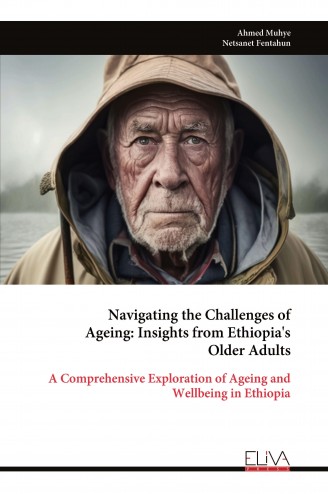Descripción
The world population is ageing rapidly because of low fertility and mortality rates and increasing life expectancies. In 2023, old age people accounted for 761 million people, or 17% of the global population, and are expected to reach 1.6 billion by 2050. Ethiopia has been undergoing rapid declines in fertility and infant and child mortality, as well as an increase in life expectancy. The proportion of people aged 60 years and above increased to 5.1% from 2010 to 2017 and 5.3% at the end of 2017. Ages 60 and up are also accepted in Ethiopia because it corresponds to the country's official retirement age. As individuals grow older, their life patterns change, and the risk of morbidity and mortality is also rising among elderly people dwelling in the community. Evidence suggests that most of the difficulties connected with population ageing may be addressed by changes in policy and behavior particularly those that promote good health in older age. Guaranteeing the coverage of basic needs, as well as access to universal and sustainable social, nutritional, health care, and environmental protection systems, is key within the framework of specific public policies for the elderly population. Thus, We attempt to assess how these population are living and the national policies address older persons’ needs and supportive of maintaining the well-being of the elderly in Ethiopia.

